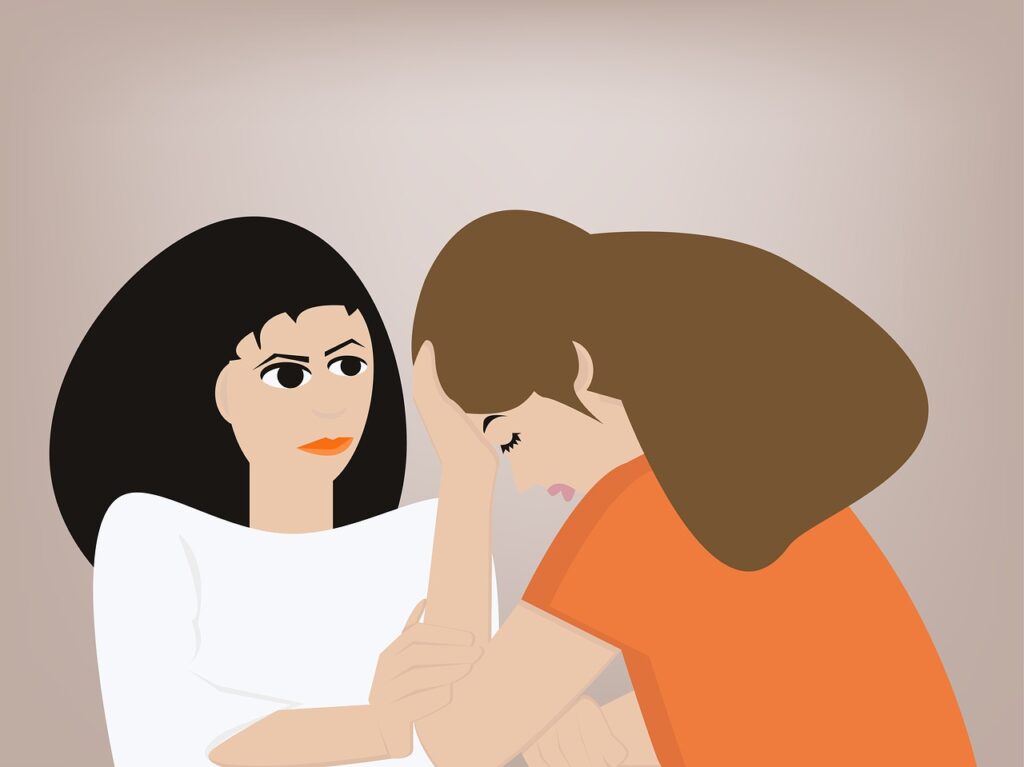On a world level, 300 million people of all age groups are believed to be afflicted by some kind of depression. In other words, one in every six persons in the world is believed to be suffering from some kind of mental or substance use disorder. These disorders include depression, anxiety, bipolar, eating disorders, alcohol or drug abuse disorders, schizophrenia, mood swings etc.
Because of the dearth of implementable parameters and fool proof methods of data collection, these figures may be wide off the mark as the available data is collected and collated from a basket of sources which include medical records, epidemiological data, surveys, national data etc.
The fact of the matter is that many who look happy and normal to us may be suffering from depression because they are trying to put their best foot forward. The percentage of women suffering from depression is higher than the percentage of men suffering from this ailment.
While many of us may fail to read the symptoms of depression in the initial stages, some who are aware of their mental state avoid psychological and pharmacological treatments that are available to deal with this mental condition. In developing countries where people continue to be narrow-minded, the fear of social stigma of being branded as a ‘mad’ guy or gal deters many from approaching psychologists and psychiatrists for treatment.
Primarily, depression is classified under two heads: (i) a single bout of major depression possibly triggered by a single event which shoves the subject into a state of helplessness or perceived helplessness; and, (ii) recurring episodes of depression that surface from time to time. Dysthymia, which is a persistent depressive disorder, is characterized by low-level depression that is less severe as compared to major depression. But persistent depression may last for years.

Depression may be marked by sleep disorders, appetite and weight issues, low energy levels and feeling of fatigue, difficulties in clear thinking, focusing on matters of importance and indecisiveness.
Depression influences the social, academic and professional lives of the subjects. Some depressed people suffer from unintentional physical movements. The worst, however, is development of suicidal instincts. That is a danger zone that calls for immediate treatment.
The general trend is to blacklist depressed people as negative people and avoid them at all costs. The point is that depression is not something that drops from the blue. There is always a background to each case of depression.
Most depressed people shrink into their shells because they fear that they may not be comfortable with questions the society might ask. By avoiding social contact, they become victims of solitude. By distancing themselves from the society, they sink into deeper depression levels.
Most depressed people do not need elaborate treatments. All they may need is a friendly conversation or reassuring gesture from you. That could do more good to them than you might ever imagine.
So, the next time, you encounter a depressed person, don’t shun them. Don’t despise them. Just strike a conversation and engage in a positive discussion for a few moments. You may not realise what you have done for them. You may have kindled the hope of salvation in their depressed minds. There can be no better social service to humankind than this.


Very well explained article on depression.
Many thanks for your kind words Sahni Saheb.